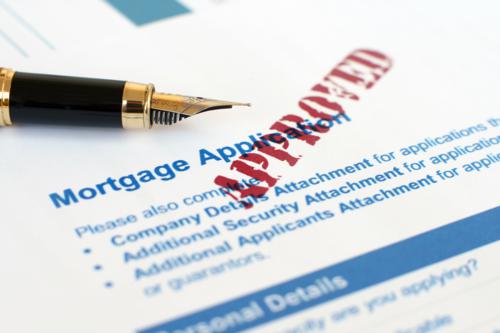Financial Guide to Buying a Property in Spain
Purchasing a home in Spain is a dream come true for many individuals. However, prior to even considering any legal and financial intricacies of purchasing a home in Spain, potential homeowners should take care that they have the funds to cover any impending costs. A clever move would be to enlist an accountant knowledgeable in overseas property purchases to converse about any potential costs.
In addition, obtaining a tax document of the property to establish the best tax proficient way to carry-out your home purchase is advised. For instance, it may be better, as far as taxes are concerned, to purchase your Spanish property through an offshore structure or a company.
Acquiring an NIE Number
Before assuming any financial transactions in Spain, like purchasing property or opening a bank account, you are required to attain an NIE, Foreign Identification Number. This number is mandatory for non-residents. Spanish residents have what is called an NIF, Fiscal Identification Number. In fact, real estate agents will be weary of working with you until you have an NIE. Therefore, this is a very important step if you are serious about buying property in Spain.
NIE numbers can be acquired at the Foreigners-Department-at the-National Police-Station. The NIE number is utilized to monitor a person's official and financial activities in Spain. Taxes required when you purchase property and agree to a mortgage in Spain are suspended on the signer's behalf and remunerated to the Inland Revenue, Hacienda. Various banks in Spain are now refusing to solidify mortgages if you do not have an NIE number.
Spanish Mortgages
Despite their steady rise, interest rates in Spain are less than other regions of the world. Previously, the Spanish mortgage market was limited to only several options for financing a property and the mortgages that were available were repayment-mortgages. Today, things have changed and Spanish mortgages are more lenient and more solutions are found for potential homeowners.
Spanish mortgages can be obtained from various lenders, offering a variety of services. Nevertheless, Spain has had their dilemmas with the current global financial crisis. As a consequence, Spanish banks have understandably restricted their lending conditions. Therefore, it is vital that you benefit from local information and expertise of an independent financial adviser to assist you with finding the best mortgage.
Spanish mortgages are full-status and a bank manager can supply you with an accord, in principle, within 24 hours, ensued by a letter of intent that takes four to six weeks.
Financial Documentation Needed to Apply for a Spanish Mortgage
Besides having your passport, other documentation will be required when submitting an application for a Spanish mortgage:
- Proof of residence of the country you reside in
- Six months of personal bank statements presenting income and payments
- Three recent payment stubs
- If you are self-employed, audited-accounts for the last two years is required
- Tax returns of the last two years along with a letter from your accountant verifying tax payments and income for the preceding year
- Proof of all sources of income that you could possibly borrow against
- Copies of any buy-to-let properties or tenancy agreements
- Information about any pensions you are receiving
What are Your Financial Options?
Equity Release
If you have equity in your chief residence, and a foreign homeowner, you could amass up to 120% of the money needed for your home purchase in Spain by using an amalgamation of equity release and a maximum Spanish mortgage. Consequently, if the mortgage in your homeland is not paid, your property in Spain will be at risk.
Considering that your foreign property has increased in worth since the time you purchased it, you might be able to come-up with extra money, and still decrease your monthly expenditures.
If ample equity can be accumulated from your foreign property, you might raise a 20% deposit and 80% with your Spanish mortgage for the rest.
If you prefer to purchase a piece of land, the cost may well be financed with numerous finance-products, counting equity-release, with all of the building expenses financed in intervals.
Finishing point
Following the completion of all legal-paperwork, you are then prepared to sign a Public Deed. This is when the ownership of your property in Spain becomes a reality. A notary must attend the event to officially observe and register the shift of ownership by the order of the Spanish government.
Title Registration
After the Public-Deed has been signed, registration must take place with the local land registry. Registration is fundamental to safeguard the buyer against third-party claims against the seller. This should be arranged by the purchaser's Spanish lawyer. This procedure solidifies your proprietorship at the Land-Registry bureau and tax office. Now, you are the approved owner of a Spanish property!
.






